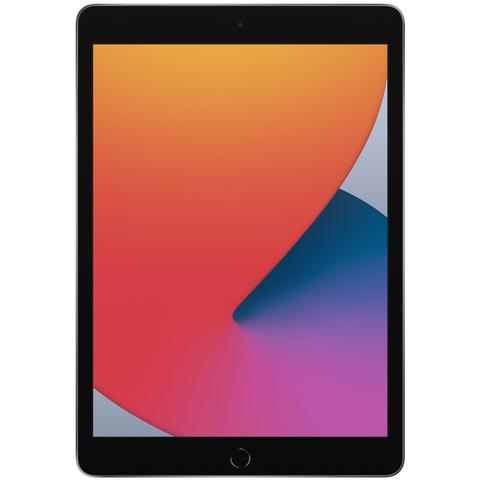Bring Your Own Device (BYOD) is a new pathway supporting the delivery of 21st century learning. It is a term used to describe a digital device ownership model where students use their personally owned mobile devices to access the department’s ICT network.
After consultation with staff, parents, students and other key stakeholders, in 2016 BYOD was initially offered to Year 7, 8 and 9 students only. Year 10, 11 and 12 students had access to the BYOD program as it expanded to include them in 2017, 2018 and 2019 respectively.
Our goal is for students to use iPads as a tool to support key processes in learning - accessing, organising, processing and publishing information, collaboration, creativity and communication, and for teachers to use them as an environment to facilitate deeper engagement in learning and higher ordering thinking. These processes, which align with the ACARA ICT Capabilities, move students away from seeing ICT devices as tools for researching, emailing and typing assessment to being catalysts for deeper knowledge exploration and 21st century skill development.
The iPad has the varied functionality that will allow students to consume information as well as produce information through:
- Textbooks available on the iPad in eBook format. This not only alleviates the need to carry heavy textbooks in their school bag, it provides on-demand access to these up-to-date rich resources.
- A wide range of classroom apps and tools as part of the school’s ever-evolving digital platform for learning.
- The rich combination of resources that are available 24/7. Innovative teaching and learning tools and materials are being developed and will continue to be released as we move forward.
What iPad for School Yr 7- 9
Preferred iPad Model

iPad (Gen 10 or higher) 64GB-256GB (Wi-Fi only)
Minimum iPad Model

iPad (Gen 8) 32GB-128GB (Wi-Fi only)
Recommended Accessories
STM Dux Case or Equivalent Flip over from cover and rubber
Bluetooth Keyboard
Stylus
Warranty & Accidental Damage Protection
Laptops and tablets are expensive technical devices and they do break down and can be damaged, especially in the hands of teenagers. It is vital to ensure a fast turnaround for repairs when the need arises.
We highly recommend every device has Accidental Damage Protection (ADP) insurance with Next Business Day (NBD) onsite warranty. You may have the option of adding ADP to your home and contents insurance policy. However, be sure that it covers the device 24/7 and while away from your home. It is worthwhile to know the warranty period and exactly what is covered as this will vary between vendors.
Technical Support
Aviation High School runs an IT help desk that offers level one support for the student owned devices. However, warranty, security, insurance and maintenance will be something the parent will need to discuss with the vendor when the device is purchased. Advice about this will come out with the minimum device specifications. The installation of an Anti-virus software is a compulsory requirement of connecting the BYOD to the school network solution.
Year 7 - 9 BYOD
Students in Yr 7-9 can only use an iPad during these years as their learning device.
Year 10 - 12 BYOD
Students in Yr 10-12 can continue to use an iPad as their learning device during lessons but also have the Option of either a Windows laptop or Apple MacBook. About 50 percent continue to use the iPads during the senior years but the other 50 percent transition to a laptop.
Device Recommendations:
Minimum
- Any quad-core processor; MacBook running MacOS 13+
- RAM: 8GB
- Windows 11
- Storage: 256GB
- Graphics: onboard
- Wi-Fi capability: 5GHz
- Battery life: device should last the school day
Recommended- Any quad-core processor ; MacBook Air or MacBook running MacOS 15+
- RAM 16GB or higher
- Windows 11
- Storage: 256GB or higher
- Graphics: onboard
- Wi-Fi capability: 5GHz
- Battery life: device should last the school day
- Hard drive – SSD (Solid State Drive). It has less moving parts and is less likely to be damaged with regular student use.
- Mouse
- Headphones
- Warranty and Accidental Damage insurance.
Microsoft office and other softwareYou don't need to purchase MS Office. It can be download from Office 365 for free using student's school email account.
OneDrive, Office Outlook, MS Teams are recommended to be used by all students.- Virus protection: - Windows has an in-built anti-virus program called Windows Defender. It is sufficient to pass the virus software check
- Internet browsers: - Safari, Google Chrome, Microsoft Edge
Incompatible devices
There are some choices that should not be made. The following devices are excluded from the BYOD program:
- Android devices
- Linux devices
- Chromebooks
- ARM based Windows (sometimes referred to as Snapdragon or Qualcomm devices)
These devices are incompatible with Education Queensland systems and will not connect to the school network.